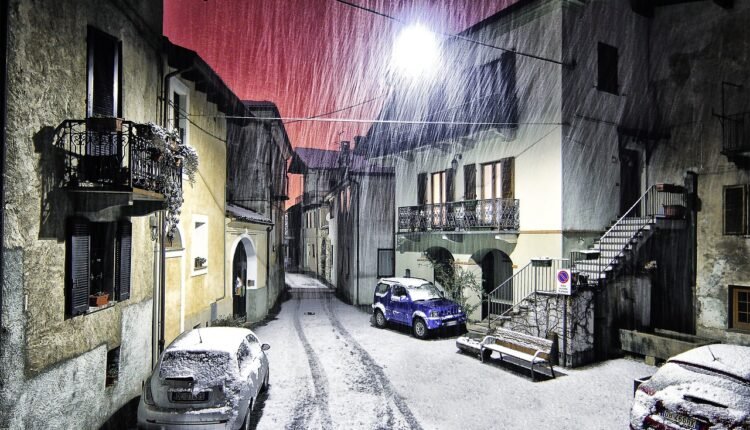Steps You Should Do to Get Ready for Winter
Winter storms can wreak havoc by freezing over roads, causing loss of transportation and power and increasing the risk of hypothermia and frostbite. Be prepared by ensuring you have food and water for days without access to stores, keeping medical and emergency supplies on hand, and having a family communication plan.
Check Your Car
Winter weather can be hard on your car. The cold temperatures, snow and ice make driving dangerous, and small problems can worsen quickly. It makes it important to check your vehicle before winter hits. Make sure your tires are properly inflated, have good tread and aren’t showing signs of wear. Also, replace your windshield wipers if they’re getting worn out. It will improve your driving visibility and help prevent icy or snowy build-ups. If you will be on the road during a snowstorm, keep an emergency kit in your car. It should include a first aid kit, blankets, a supply of non-perishable food, water and a flashlight with extra batteries. If stranded, run your car periodically to keep the cabin warm and avoid hypothermia. Also, keep a cell phone charger with you and have a full gas tank in case you need to call for help.
Make Sure Your Home Is Ready
While it may be tempting to enjoy the fall foliage, go pumpkin picking or sip on a pumpkin spice latte instead of doing a winterizing checklist, you can only put off these tasks for a little longer. Completing these easy tasks can reduce your energy bills, prevent damage caused by snow and ice and make your home more comfortable all winter. Look for drafts around windows and doors, cracks in your foundation and holes where cables and pipes enter your house. These areas can be easily sealed using different types of weatherstripping and caulk, which will significantly cut your energy bill. A home will stay toasty and warm all winter long with prompt residential heating repair, which will help to safeguard the integrity of the heating system. It’s crucial to protect yourself from a dip in temperature since cold weather might impair your body’s defenses against viruses and diseases. Having heating in your home is advantageous since it helps fend off illnesses like pneumonia, frequently brought on by cold weather. Know where you and your family would go in the event of a power cut, and consider storing extra supplies of food, water and canned goods in your home. It would help if you also thought about checking on elderly neighbors and those with limited mobility.
Prepare Yourself
The winter can be a busy season with parties, travel and year-end work. Taking care of yourself is more important than ever. Staying hydrated, eating healthy and having a positive attitude are the best ways to prepare for winter. Avoid consuming chilled beverages like milkshakes or flavored milk during the winter as it can cause thickening of mucus, which can lead to cough and cold. Instead, drink warm milk, which is very soothing for the throat and helps strengthen the immune system. Be prepared for a winter storm by ensuring your vehicle is stocked with water, non-perishable food items, first aid supplies, blankets and extra batteries. Keep a portable generator on hand to ensure that you have a reliable power source in case your home loses power. Be sure to wrap insulation sleeves around pipes running through unheated areas, such as in the attic or crawl space, so they don’t freeze.
Prepare Your Pets
As the temperature drops and neighbors start salting their driveways, pet parents must be especially diligent about keeping their pets safe. While potential hazards like cleaning supplies, electrical wires, houseplants and medicines should be kept out of reach year-round, pay special attention to winter items that may become dangerous to your pet. These include ice, which can crack or break under your pet’s weight; antifreeze, which tastes sweet and can be fatal if consumed; and chemicals used to melt snow and ice, which can irritate your pet’s paw pads. Please keep your dog leashed when walking near frozen lakes or ponds, and don’t let them play on or run into ice. And remember that even with a heavy coat, your dog can still get frostbite. Ensure it comes back inside frequently for water and warmth, especially during extreme cold weather. Keep enrichment toys and puzzles around to help combat boredom, which can cause destructive behavior.

